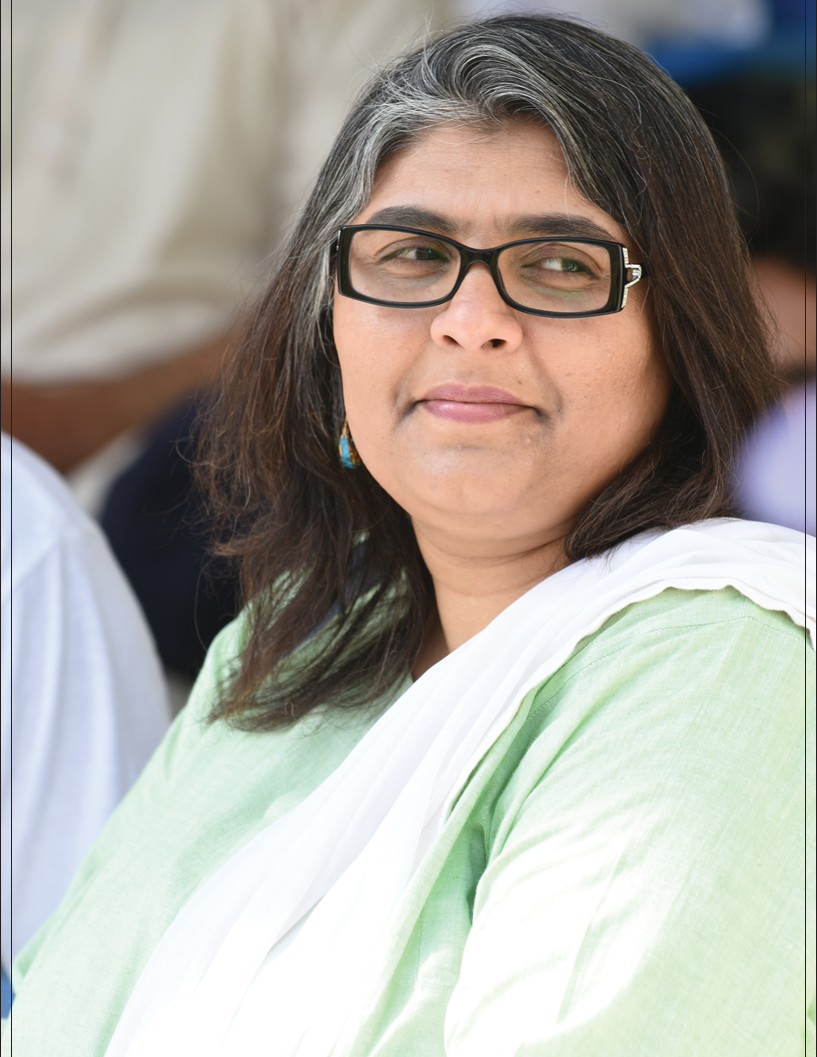
WHY CRITICAL THINKING BY NABIHA MEHER SHAIKH & ADNAN AHMAD CHAUDHRI
The fourth industrial revolution is no longer as bound to the geopolitical circumstance in the way that previous revolutions have been. In the 21st century, the information
economy can inform the decisions that a multinational corporation or national government make, potentially and rapidly changing the lives of thousands, if not millions of people. In this new world, the most important skill for any worker - white collar and blue - is the ability to think critically, in order to adapt to a world in acceleration.
According to the Oxford English dictionary, critical thinking is “the objective analysis and evaluation of an issue in order to form a judgment”. Critical thinking includes the ability to argue one’s approach e"ectively. In order for one’s argument to be accepted, especially in a professional work environment, it must be e"ective and valid. Arguments are an essential component of teamwork and people who can argue well, without restoring to fights, create very productive teams. If a potentially
the award-winning solution cannot be reasoned and articulated e"ectively, it serves no one.
E"ective critical thinking training also leads to an awareness of the cognitive bias that all of us can fall prey to. This can include confirmation bias, or the ‘tendency to interpret new evidence as confirmation of one's existing beliefs or theories’ (OED). By becoming the cognisant of one’s own confirmation bias, one can manage it and work in a clearer, more objective frame of mine. According to Forbes magazine, “confirmation bias is one of the most common cognitive biases for entrepreneurs, especially ones who are passionate about their business.” Indulging confirmation bias can lead to a financial loss and can be fatal for businesses - keeping it in check and thus avoiding potential dangers, however, can lead to better research and decisions with beneficial outcomes.
Studies continue to show that people with e"ective critical thinking skills are happier, more productive and more e client at any task they carry out - a state of mind that also spills over into their personal lives. Critical thinkers are shown to enjoy more stable marriages and work-life balance because critical thinking enhances emotional intelligence. Because they have better-developed planning skills and foresight, critical thinkers are able to navigate life challenges more easily thanks to the ability to make sound decisions.
Automation and the Internet of Things are vital cogs in this fourth industrial revolution. In the age of the information economy, humans have no option but to reevaluate and revisit what constitutes 'work'. Most jobs will be automated, with human workers becoming obsolete. Many low-skilled occupations that do not require much conscious thought can be further simplified or easily automated. Work, as we know it, will necessarily change, whether we want it to or not. As the professional services firm PwC writes in their March 2017 UK Economic Outlook:
Over the past few years, fears of technology-driven job losses have re-emerged with advances in ‘smart automation’ - the combination of AI, robotics and other digital technologies that is already producing innovations like driver-less cars and trucks, intelligent virtual assistants like Siri, Alexa and Cortana, and Japanese healthcare robots'.
Posted on 08/05/2018




